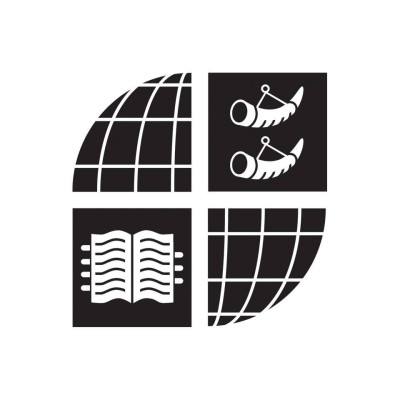

University of Bradford
International Development Management
Study detals
: Master's degree : MA (Hons) International Development Management : Full time : 12 MonthRequirements
Entry requirements
The entry requirement for a postgraduate taught course is typically equivalent to a UK Second Class Honours Second Division (2:2).
The table below shows how the University equates qualifications from your country to UK degree classifications
| Qualification | UK 1st Class | UK 2:1 | UK 2:2 |
|---|---|---|---|
| Bachelor degree | 4.5/5.0 or 81% |
4.0/5.0 or 71% |
3.5/5.0 or 66% |
| Specialist Diploma |
4.5/5.0 |
4.0/5.0 or 71% |
3.5/5.0 or 66% |
Speciality
Pathways Available: Pre-Master's
Sandwich course fees - charged during the placement year away from the University of Bradford for students on thick sandwich courses, or during the year in which the second placement falls for students on thin sandwich courses. Students charged at 10% of the equivalent full-time fee.
If a placement year is to be undertaken abroad and supported by University funding through the University’s exchange programmes, fees will increase to 15% of standard fees to cover additional support, advice and administration costs.
Additional information
Degree Overview
This degree is at the cutting edge of development theory, policy and management. It provides students with the critical and analytical skills to enable them to operate effectively in international development environments. Covering macro and micro level perspectives, the course offers rich insights into the challenges of contemporary development theory, policy and management. The course is structured around the compulsory core modules of International Development Theory and International Development Policy, with flexibility built in through the optional course units chosen by students to meet their own objectives and interests.
The objectives of the course are to provide an integrated, cross-disciplinary framework for the postgraduate study of development. The unifying focus of the course is the analysis of strategies for overcoming poverty. Students will gain knowledge of different development paradigms and an awareness of their evolution. Students are encouraged to develop comparative perspectives (between different regions/countries, disciplinary approaches, schools of thought) and through individual study, seminars and written assignments to develop their knowledge and critical and analytical skills in this field.